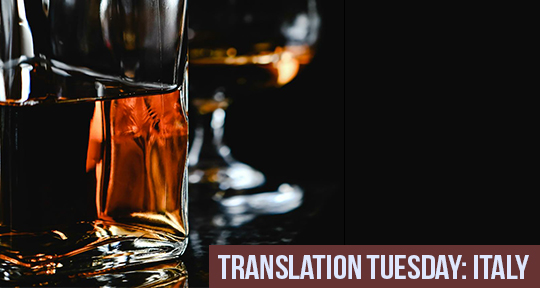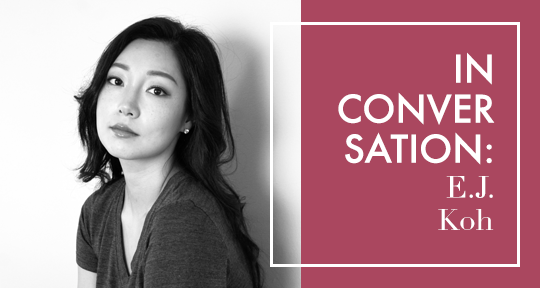This Translation Tuesday, we are excited to present the English debut of Carmen Verde, a finalist for the Premio Strega in 2023 for her very first novel, A Minimal Unhappiness, which we excerpt here in Katie Shireen Assef’s impeccable translation. Verde’s narrator is a habitué of sadness and madness, an accustomed yet discerning sufferer. If unhappiness is a room, as she claims with some authority, then hers is lush-black, Gothically plangent, and filled with lugubrious relatives.
God is the Highest. God is the Most High.
Isn’t that terrifying?
***
In photographs we’re always sitting close together, my mother and I: she, pale, uneasy, with a look that seems to apologize for itself.
In those days, she still prayed to God that my bones would lengthen. God had nothing to do with it, though. If it took stubbornness for a girl not to grow, I had more than enough.
I never thought I was ugly. And I never doubted that I resembled my mother, even if I didn’t have her thin ankles, her elegant proportions. Ours was an elusive, an indecipherable resemblance: the sort of resemblance that pierces the heart of those who manage to recognize it.
***
In my five years of primary school, she came to pick me up every afternoon. The window of my classroom looked out onto the street, so that between my desk and the bench where she sat waiting, there couldn’t have been more than a hundred fifty feet as the crow flies. I was happy when I saw her on the other side of the glass, even if I was soon overcome by the fear—the terrible certainty, even—that she would decide to go and leave me there, alone. I never believed I had a right to my mother’s presence.
In winter, on windy days, the dust from the street would cling to her silk stockings, to her camel-colored coat, to her hair that was so straight and smooth it seemed like velvet. On the first warm days in June, she would stand beneath the shade of the linden tree at the center of the piazza. If she stayed, I told myself, it meant she loved me. I couldn’t see her from where I sat at my desk (the shutters were closed to block out the sun), and so the fear would slowly build up inside me until, five minutes before the lesson ended, I had lost all hope of finding her. And yet there she would be, still in the same spot. Yes, Sofia Vivier was a good mother.


